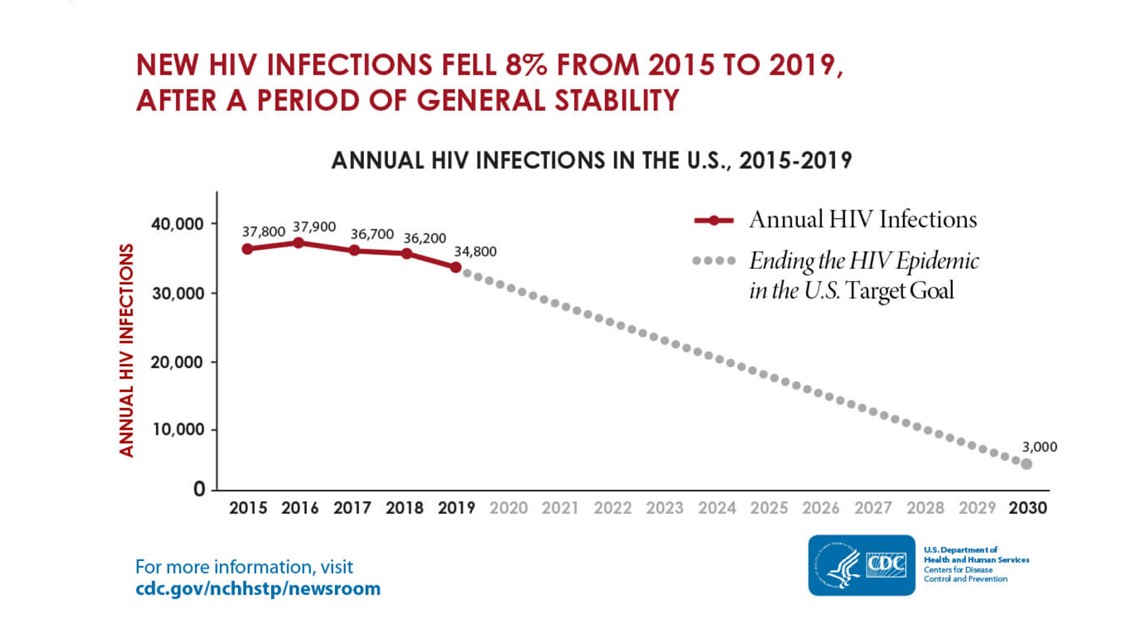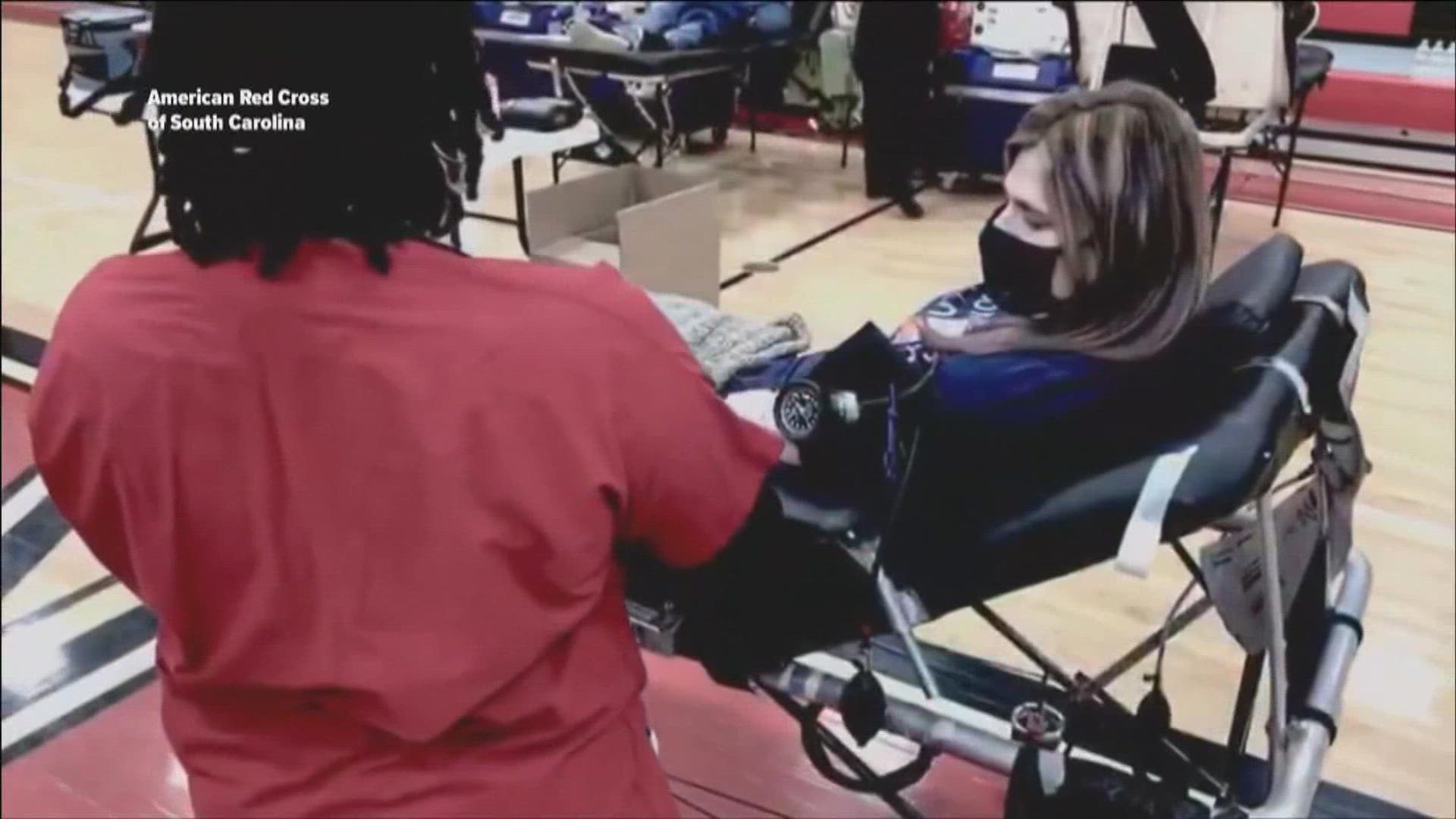MEMPHIS, Tenn. — The American Red Cross tweeted Wednesday in support of altering current eligibility criteria that requires gay and bisexual male donors to not have sex for three months before donating blood. The change is meant to combat one of the worst nationwide blood shortages in over a decade.
Past CDC HIV infection surveillance reports showed that gay and bisexual men were disproportionately affected by HIV, statistically showing higher new infection rates when compared to infection rates observed amongst heterosexual individuals.
The current eligibility criteria only applies to gay and bisexual men. The organization's policy is based on FDA guidance "Revised Recommendations for Reducing the Risk of HIV Transmission by Blood and Blood Products," which recognizes blood collection from men who have sex with men as an increased risk and public health concern.
However, new CDC reports show an overall 8% decline in new HIV infections, as well as a 33% decrease in new infections amongst gay and bisexual men of all races in the U.S. from 2015-2019 .


Executive Director of the Mid-South Chapter of American Red Cross, John H Brown Jr., said, "I tell my LGBTQ community that I want to make sure that blood is there for you, regardless of who you are."
The American Red Cross faces constant challenges with blood supply, not just on a national level, but locally as well.
Brown said that the American Red Cross is working to safely remove barriers that prevent people from donating blood.
“[The policy is] about personal safety and also considering the person who is donating, and the person who will receive a blood donation," Brown said. "All of that is in line with trying to make sure that we have the safest donation possible. Anything that we can do to remove the barriers of someone being able to donate is always positive."
RELATED: Does the Red Cross allow gay and bisexual men to give blood amid the national blood shortage?
The American Red Cross, One Blood, Vitalant, and LGBTQ+ community health centers are currently conducting a pilot study funded by the FDA, which if successful, will allow the organization to potentially move away from deferring blood donations from gay and bisexual men.
The ice storm that hit Memphis last Thursday, combined with thunderstorms and tornadoes that hit the Mid-South region in December, and the pandemic have all caused constant interruptions to blood collection efforts. According to Brown, the region has lost the opportunity to collect more than 17,000 blood donations.
“It’s amazing how weather can affect so many things in our communities," Brown said. "One of the vital things is the blood donations that we haven’t been able to collect since the winter storm."
Ongoing blood supply shortages continue to leave doctors throughout the U.S. to decide who receives blood transfusions and who does not.
“We want to make sure communities are prepared and communities are aware of the need so that when someone goes and has that surgery, the resource is there,” Brown said.
In addition to making it easier for gay and bisexual men to donate blood, Brown believes that placing blood drives in areas that are accessible to the community can also be helpful to resolve blood shortage issues.
“We encourage folks to get involved in the process,” Brown said. “Memphis is such a great community. We are a mecca for healthcare and blood is medicine.”
The American Red Cross Mid-South Chapter includes Dyer, Fayette, Lake, Lauderdale, Obion, Shelby and Tipton counties in Tennessee as well as Crittenden County in Arkansas and Desoto and Tunica counties in Mississippi.
Anyone interested in donating blood to the American Red Cross Mid-South Chapter can visit the Mid-South Red Cross website.

